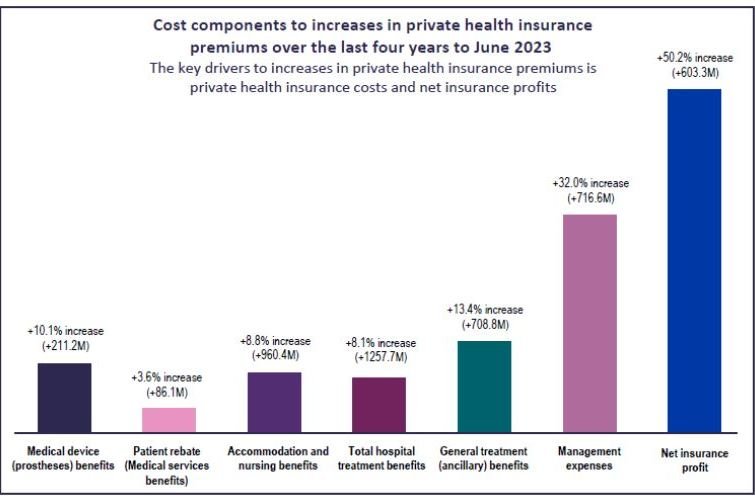· COPD is a common, preventable and treatable lung disease and the third leading cause of death worldwide, with over 80 per cent of deaths occurring in low and middle-income countries.
· Cochrane systematic review suggests current models of educational intervention are not working, and new approaches are needed.
· A new Monash randomised controlled trial called ‘TERRACOTTA’ will set out to address deficiencies in Australia’s primary care relating to COPD management.
Researchers from Monash University have conducted a Cochrane Review of existing international evidence to determine the effectiveness of educational interventions for health professionals managing chronic obstructive pulmonary disease (COPD) in the primary care setting. The researchers reviewed all available studies up until May 2021 and found that current models of educational interventions for health professionals to improve COPD management in primary care are not working, and new approaches are needed. COPD is the third leading cause of death worldwide, yet it is a preventable and treatable health condition. There is an urgent need to identify the best type of interventions to improve guideline recommended management of COPD and improve patient-related outcomes. In this review, the Monash researchers included randomised controlled trials or studies of similar design that studied educational interventions aimed at any health professionals involved in the management of COPD in primary care. A range of simple-to-complex interventions were used across the studies, including education provided to health professionals via sessions, workshops or online modules, provision of practice support tools or tool kits, provision of COPD clinical practice guidelines and training on lung function tests. First author, Dr Amanda Cross, who sits within Monash’s Centre for Medicine Use and Safety (CMUS), said it was unclear whether any published educational interventions for health professionals actually improved the management of COPD in primary care, with the exception of influenza vaccination rates. “There was little-to-no evidence that educational interventions for health professionals improved COPD management, including proportion of cases diagnosed with spirometry, proportion of patients who participate in pulmonary rehabilitation or the proportion of patients prescribed guideline-recommended COPD respiratory medications,” she said. “Interventions and outcomes varied greatly among the studies and there were a number of limitations in the design and reporting of the studies included which affected the overall quality of the evidence.” Professor Michael Abramson, an expert in COPD from the Monash School of Public Health and Preventive Medicine, said: “Based on this review, we have concluded that further high-quality studies are necessary to determine the effectiveness of educational interventions for health professionals managing COPD in primary care, to help improve outcomes for those impacted by COPD.” Senior author of the review and member of the Lung Foundation Australia’s COPD guidelines committee, Dr Johnson George of CMUS, is leading a new cluster randomised controlled trial to address some of the deficiencies in primary care relating to COPD management. “COPD is not only a complex condition, but also a heterogeneous condition and needs a personalised medicine approach,” he said. The ‘Targeting Treatable Traits in COPD to Prevent Hospitalisations’ (TERRACOTTA) trial will be the first of its kind offering tailored interventions targeting treatable traits in COPD for individuals at risk of exacerbations, to improve quality of life and avoid hospitalisations. Treatable traits refers to individually assessing patients for a specified set of treatable problems, followed by the development and implementation of an individualised treatment programme. Primary care is ideally placed to deliver individualised preventive interventions and initiate early management targeting treatable traits. Dr George said that the findings from the trial will inform clinical practice and facilitate continuous quality improvement in COPD: “COPD was the top cause of preventable hospitalisations for chronic diseases in Australia in 2016-19. Our trial aims to demonstrate the efficacy of a coordinated intervention targeting treatable traits in moderate-severe COPD patients in general practice for improving health-related quality of life and reducing hospitalisations/emergency department visits.” “TERRACOTTA will focus on a national roll-out of the interdisciplinary model of care, to inform its scale-up as a routine service,” said Dr George. The TERRACOTTA randomised controlled trial has been funded by the GSK investigator-initiated scheme. The trial has received ethics approval and is soon to commence patient recruitment.







